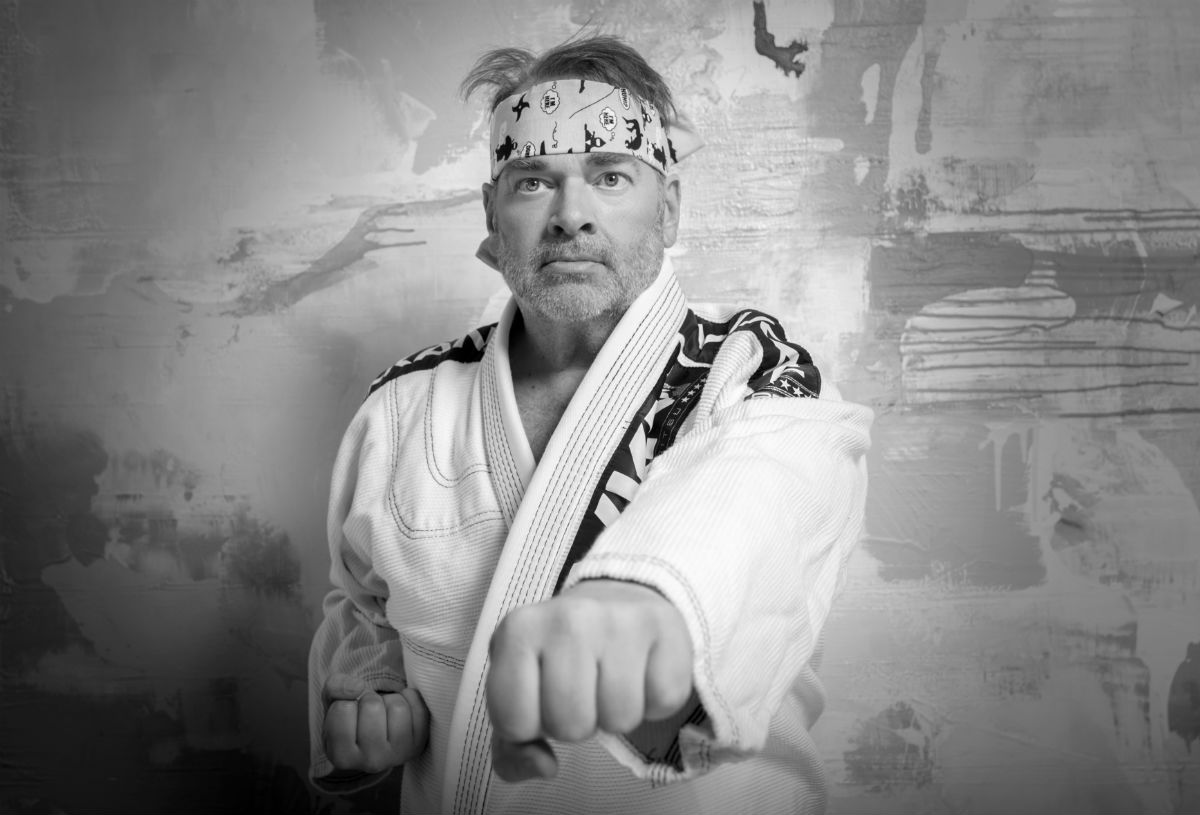Alum writes book on the under-used art of listening
- May 29, 2018
- By Kurt Greenbaum
- 2 minute read

 Early in his new book, The Samurai Listener, Cash Nickerson recounts the shock he received from a poor performance review in his first year as a corporate attorney for Union Pacific Railroad.
Early in his new book, The Samurai Listener, Cash Nickerson recounts the shock he received from a poor performance review in his first year as a corporate attorney for Union Pacific Railroad.
“At the young age of 26, what held me back were skills I had not learned in college, law school, or business school,” writes Nickerson, JD ’85, MBA ’93. “My behaviors in the office and the perception of those behaviors by my boss’ assistant and everyone else in the office who had an opinion had derailed me—possibly even threatened my career.”
Nickerson recalls that he hadn’t learned to listen. He hadn’t learned to watch people around him for signals about how they were feeling about the situation—and how he should respond. He hadn’t learned to “read situations” or identify and navigate power structures—like the influence his boss’ assistant could wield—in the organization effectively and respect.
His latest book (Nickerson has five other published volumes to his credit) puts listening skills in the context of martial arts practices such as politeness, self-control, and honesty. Great listeners, he says, use these practices to guard against “subtle attacks we often face from colleagues, clients, and others competing for control, eager to succeed at our expense.”
“I’ve seen a list of as many as 70 ‘soft skills’ in my research,” Nickerson said told the Olin Blog. “Listening is one that is heavily talked about. There’s also teamwork, which probably gets the most attention in business school, but gets zero attention in law school. In business school, that’s recognized as a critical success factor.”
The Way of the Samurai
Listening was key, he said, serving as an umbrella category for a host of other soft skills—how to read others, how to broaden your perception of what’s happening around you, how to read situations, and how to navigate politics.
He tells a story of a class on negotiation he gave recently for students at the WashU law school. He passed out a playing card to two class members for a quick game of “high/low.” Which student, he asked the rest of the class, had the higher card? The class stared at the students trying to discern a signal. None got it right the first time. A few people guessed correctly on the second round.
Before he tried a third time, he chided the class: “You guys are just staring at their faces. You have to get a broader view.”
And that third time, he passed out two cards and asked again: Who has the higher card? Finally, a student gave the correct answer: They have the same card. “I saw the look on your face,” she said, “and you seemed to be smirking a little bit.”
“Don’t just watch someone talk. Step back,” he said. “See how everyone else is reacting.”
Media inquiries
For assistance with media inquiries and to find faculty experts, please contact Washington University Marketing & Communications.
Monday–Friday, 8:30 to 5 p.m.
Sara Savat
Senior News Director, Business and Social Sciences
